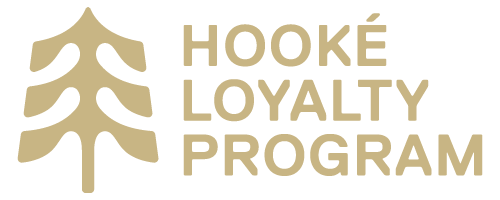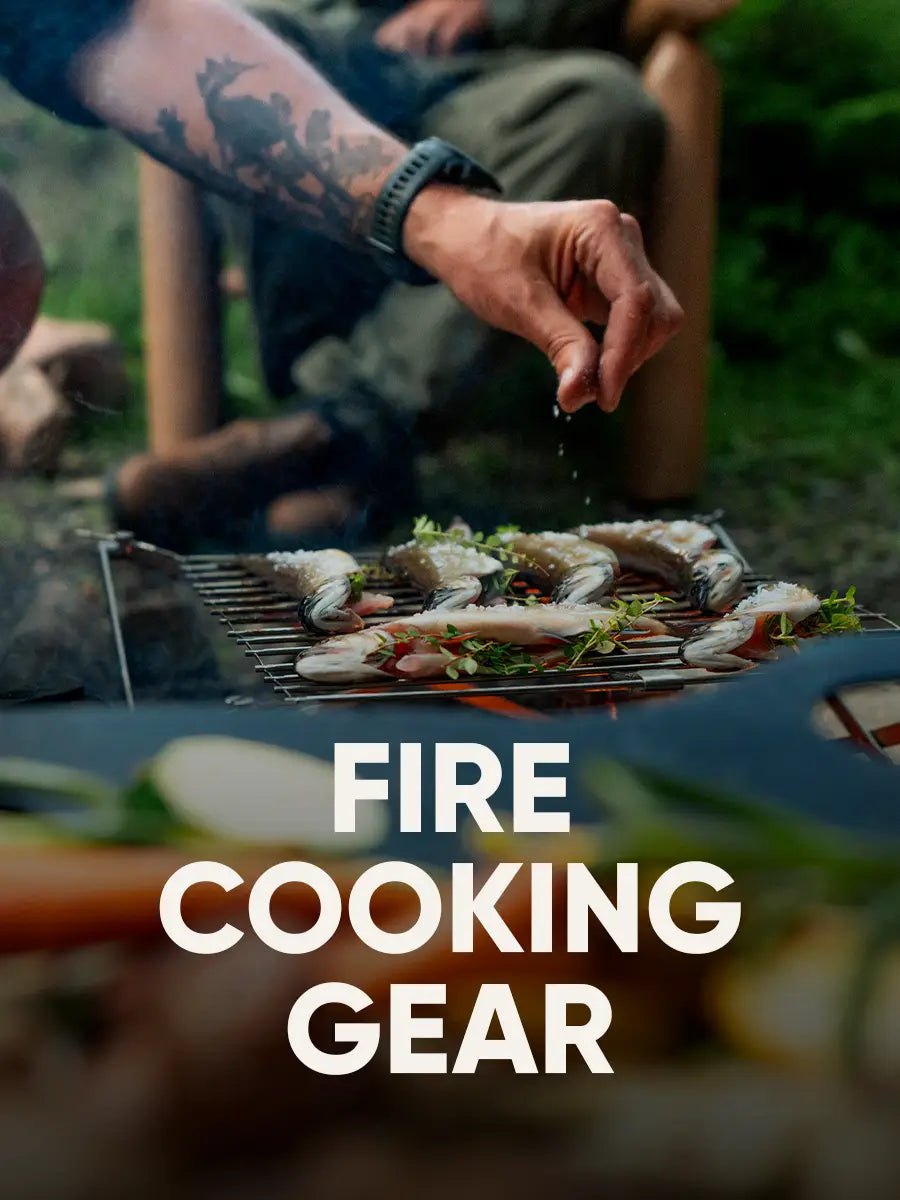Forest fire victims #344 - June 2023

Almost a year since a wildfire destroyed her family's camp, Karine is still witnessing the devastating effects of the blaze that ravaged over 481,000 hectares of forest and shook Northern Québec in early summer 2023.

Trees are gradually falling in what remains of the forest around her land on the shores of Lac Labrie, 35 kilometers from Lebel-sur-Quévillon. Fire #344 ravaged everything, even burning the humus on the ground and tearing down hundreds of camps in the area, including her family's.

Florence, the 4-year-old daughter of Karine and her partner Jonathan, stumbles and gets back up, trying to make her way through the labyrinth of deadwood that litters the ground and makes the landscape unrecognizable.
“ When I first came in June this year [2024], just as I entered the path and saw all the burned trees, I cried silently like a mother knows how to do, and Florence said to me, 'Mom, this is not our camp, we're lost. ”
As Karine tried to reassure her daughter and explain the situation, she struggled to find her way on the path she had walked countless times before. Her heart ached at the sight of the ravaged forest that had been her childhood home. The scars on the landscape mirrored the wounds in her soul. Upon reaching the site of their former campsite, she took a moment alone to weep and absorb the shock of seeing her beloved home transformed beyond recognition.

“ We know it's home, but it does not feel like it. The landscape is completely different. ”
The landmarks that made this environment dear to Karine have vanished. From the canopy of birch trees that covered the path in summer to the snowshoe trails that crisscrossed the forest, this deserted horizon that she no longer recognizes makes her emotional, as she feels like she has lost everything.

“ It may seem like it's not a big deal to others, but for us, it meant everything. It was our family haven, it was all the memories we had. ”
The camp where three generations gathered almost every weekend is no longer there, as if it has vanished. In its absence, the not-so-distant memory of the good life lingers. In the absence of being able to find anything other than debris, we try to remember the details of each ordinary yet incredible day that was documented in calendars left there for the past 20 years.
How can we reconnect with nature and enjoy the land as before in this field of ruins? Despite the trauma caused by the events and the awareness of the fragility of the environment, the family and the community are closer than ever. Karine imagines regaining her old habits within 2 to 3 summers in a rebuilt camp and a forest where blueberries will have grown back. In the meantime, everyone is doing their part, one day at a time, to clean up and work on the new structure that will allow them to spend quality time together and write future memories in new calendars.
“ The children explore, make 'mud pies', eat fish that we catch together, and have the chance to learn to live in communion with nature. This is what we have experienced and it is what we want to pass on to them. ”

In a few years, the younger generation will be able to enjoy the culmination of the work of the whole family by reading the lines that will bear witness to both hard times and good times. In this community that is quietly finding its way back and where the camps are more than just shelters, but rather a way of life, access to nature will never be taken for granted again.


















